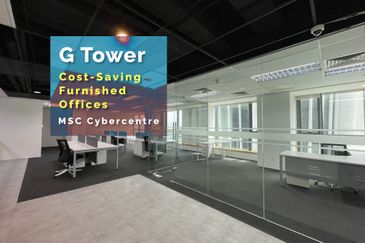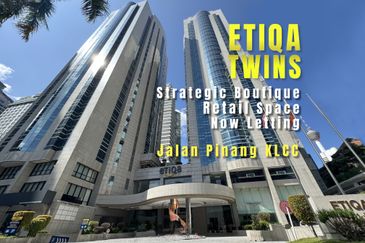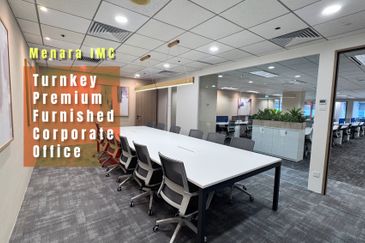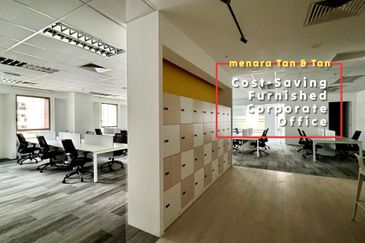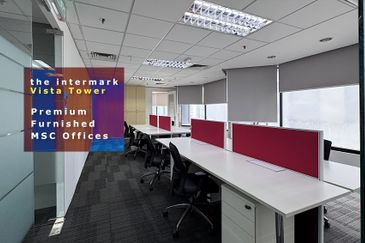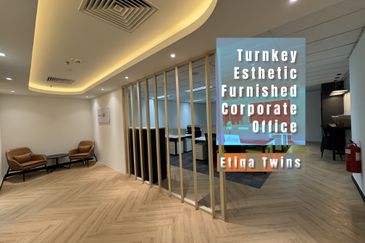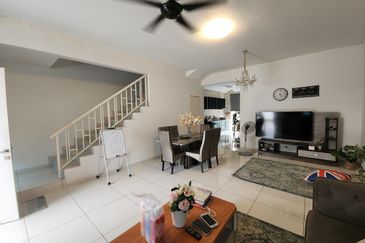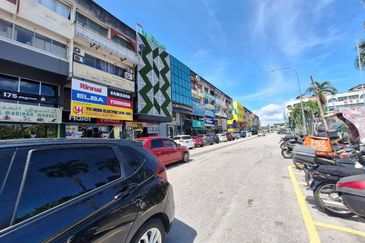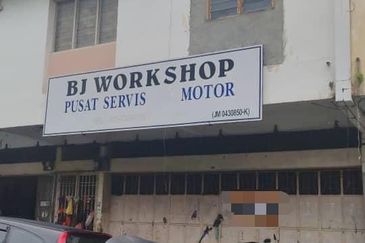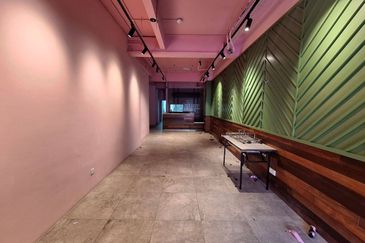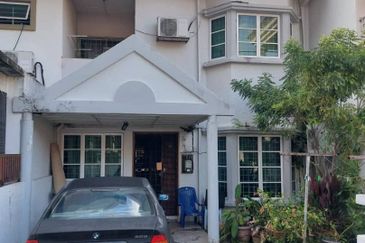
- Although price growth has generally slowed marginally in recent years, owning a house continues to be an elusive dream for many.
- Lengthy approval processes are not only unproductive but cause costly delays and uncertainties, all of which translate into more expensive homes.
How resilient is the Malaysian housing property sector? How vulnerable is it?
With home prices outpacing real income growth, home affordability is a pressing issue that will not go away soon.
Fundamental issues exist and they extend beyond the errant developers responsible for the substantial property overhang arising from a mismatch of product, pricing and location.
The weaker ringgit is no help, of course.
House price growth has outpaced income by two times or so since 1990. This is unsustainable and even precarious for the economy and socially.
Although price growth has generally slowed marginally in recent years, owning a house continues to be an elusive dream for many.
Inflation is climbing and people are rightly worried about recession looming. The cost of living is escalating. A visit to your favourite hawker stall will drive home how much more you now have to pay for a simple meal.
As it is, the industry suffers from long-term structural issues such as foreign worker dependency, low productivity, slow industrial upgrading and direct competition from the government.
Lengthy approval processes are not only unproductive but cause costly delays and uncertainties, all of which translate into more expensive homes.
Developers also ask why the authorities can take months just to approve advertising and sale permits, without which they are unable to bring their launches to market.
Such delays put pressure on costs, which ultimately will be passed on to consumers. The timing of property launches is a sensitive matter for developers.
Needless to say, any form of over-regulation bumps up the cost, but not necessarily the value, of a property.
A property launch perceived as entering the market at the “wrong” time is in danger of getting only a lukewarm reception. A developer could fail should his launch be delayed.
Peculiar to the property industry is the requirement for various forms of cross subsidies, which creates price distortion. Among them is the need to build affordable housing and other amenities. Developers are also subject to infrastructure contributions and a bumiputera quota for the units launched.
While consumers may not be aware of such hidden and extra costs, it is ultimately they who will pick up the tab.
A holistic review of the building and construction ecosystem is needed. Local councils, state and federal governments must work together in order for the industry to move forward.
Working in silos will only aggravate the industry’s problems.
Transparency and good governance are needed to court and sustain public and investor confidence.
Why the delay?
It is crucial for Malaysia to be on top of the changes demanded. With strata-titled property fast becoming a norm in the country, the Strata Management Act (SMA) 2013 provides a framework to ensure everyone is treated fairly. Although it was enacted in 2013, the act was only enforced two years later due to complications involving real situations in strata management.
In any development — residential, commercial or mixed — with multiple owners spread across a large area, ensuring that everyone contributes to its upkeep is no mean feat.
As the strata-titled property segment advances, guidelines on the shared responsibilities and sustainable upkeep of buildings are needed.
Amendments to SMA 2013 are crucial to avoid unnecessary litigation involving developers, property managers, and property owners and residents.
The Housing and Local Government’s earlier target for the roll-out of the much-hyped amendments was 2021 but Covid-19 appears to have affected the timing.
There has been no news on a new date. Even if the amendments were ready next year, don’t expect them to kick in earlier than in 2025.
In the meantime, unnecessary anguish continues to build among disgruntled strata-titled owners and residents.
Outside comfort zone
Change can be unsettling; it forces one out of one’s comfort zone. It is no different with the changing of rules for the betterment of the country.
Redevelopment is a case in point. As the law now stands, the redevelopment of a stratified old building is impossible because all owners must agree to the property sale en bloc.
As a city matures, buildings — except for the heritage type — erected in a bygone era could contribute significantly through their redevelopment.
The fear of overbuilding and traffic congestion in the location is valid. However, if done properly and for the right reason, redevelopment activities promote sustainability.
Instead of dismissing such a prospect altogether, authorities must engage with industry stakeholders to look into both issues and solutions.
It must not be forgotten that the property and construction sector is a key contributor to the country’s economy. For it to stay vibrant, sustainable and relevant, a mindset change towards tangible progress is non-negotiable.
There is a need to recognise and acknowledge the pain points. This calls for strong political will. Once again, don’t work in silos. The interest of the nation comes first. That’s the Real Deal.
Au Foong Yee ([email protected]) is an editor emeritus of The Edge.
TOP PICKS BY EDGEPROP
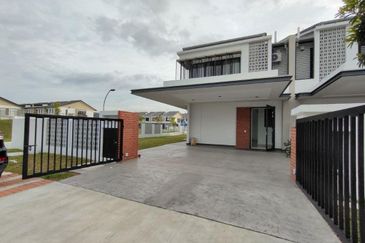
Section 19 (Seksyen 19) @ Shah Alam
Shah Alam, Selangor
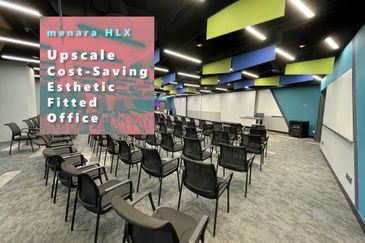
Menara HLX (formerly Menara HLA)
KL City Centre, Kuala Lumpur

Merdeka 118 @ Warisan Merdeka 118
KLCC, Kuala Lumpur
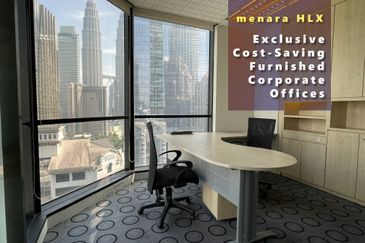
Menara HLX (formerly Menara HLA)
KL City Centre, Kuala Lumpur
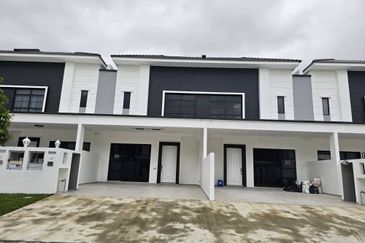
The Borough @ Eco Botanic 2
Iskandar Puteri, Johor

Bandar Mahkota Banting (Brooklands)
Banting, Selangor
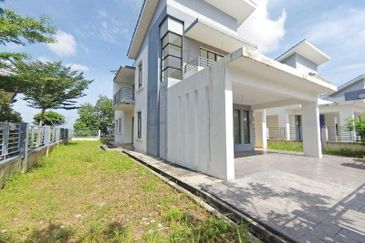
Bandar Mahkota Banting (Brooklands)
Banting, Selangor
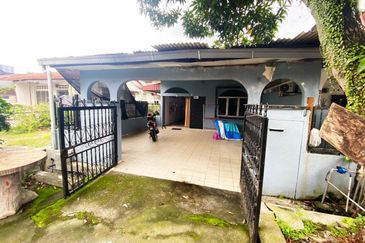
Taman Nanyang (Nanyang Estate)
Jinjang, Kuala Lumpur


